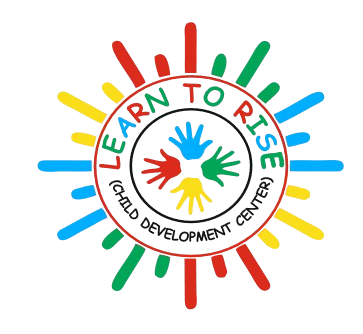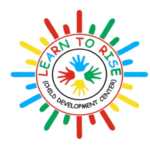
Special education is tailored education designed to meet the unique needs of children with learning disabilities, developmental delays, emotional disturbances, physical disabilities, or other challenges that affect their ability to learn in a standard classroom. Special education aims to provide individualized support, create inclusive environments, and help children achieve their full potential, regardless of their abilities or limitations.
Inclusive Classrooms
- Inclusion involves integrating special education students into general classrooms with their peers as much as possible.
- Inclusion fosters social skills, a sense of belonging, and exposure to general curriculum while receiving additional support from special educators.
Specialized Teaching Techniques
- Special education teachers use differentiated instruction, multi-sensory learning, visual aids, and assistive technology tailored to each child’s needs.
- Approaches like task analysis (breaking down complex tasks) and scaffolding (providing structured support) are common.
Assistive Technology
- Technology such as speech-to-text software, audiobooks, communication devices, and sensory tools support children in overcoming learning challenges.
- These tools make curriculum accessible and help children participate more fully in class activities.
Therapies and Support Services
- Special education often involves support services like speech therapy, physical therapy, and occupational therapy.
- Behavioral therapy and counseling can also be provided to support emotional and behavioral development.
Family and Community Involvement
- Parents and caregivers play a crucial role in supporting their child’s education at home and in school.
- Collaboration with community programs, workshops, and support groups can provide additional resources and advocacy for children with special needs.
Focus on Life Skills
- For students with significant disabilities, special education may focus on life skills to foster independence.
- Teaching practical skills, social interactions, and self-care equips children with abilities for daily living.












